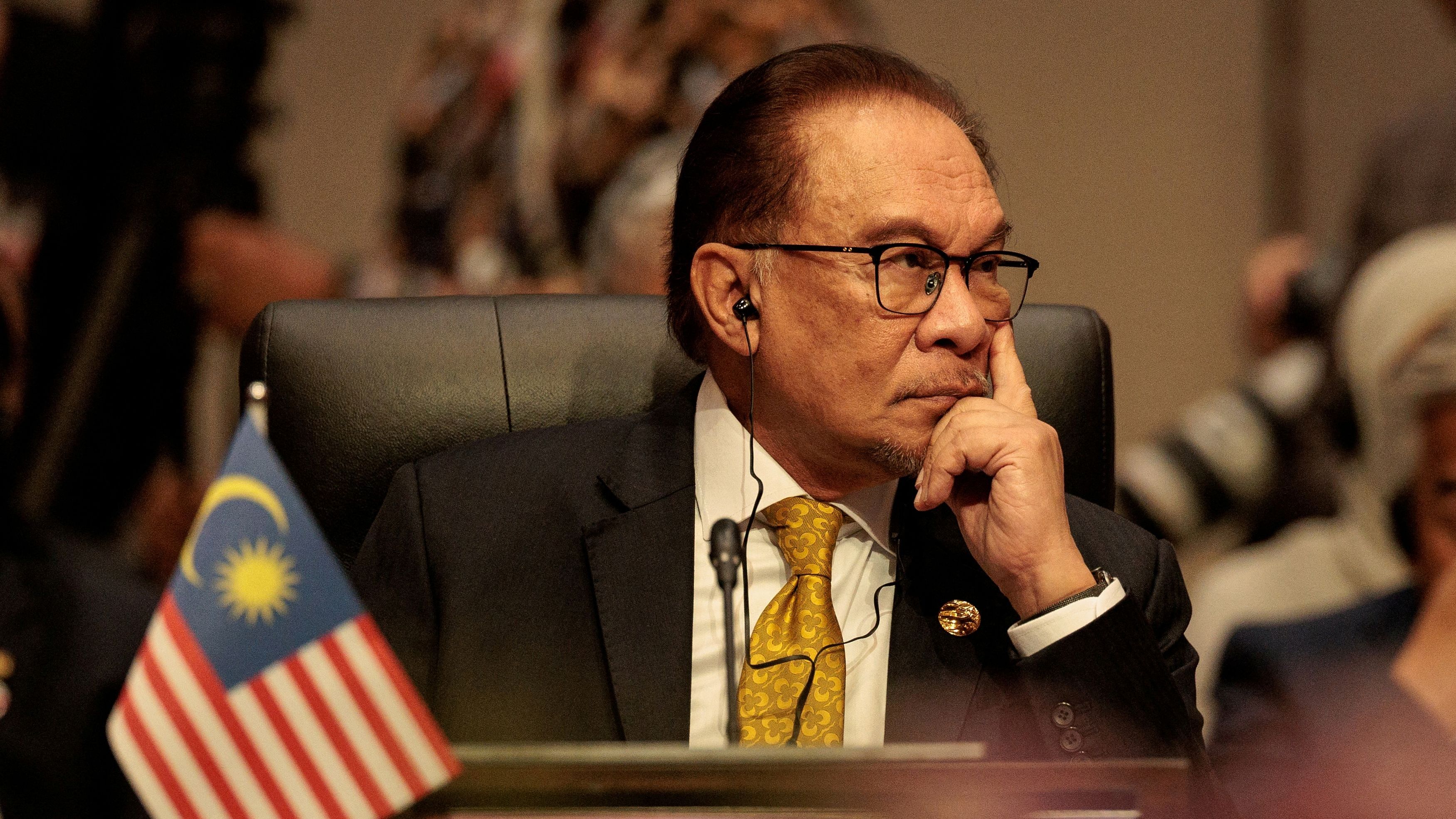
Malaysia's Prime Minister Anwar Ibrahim.
Credit: Reuters Photo
Malaysia will develop a policy to ban exports of "rare earth raw materials" to avoid exploitation and loss of resources, Prime Minister Anwar Ibrahim said on Monday.
Malaysia is home to just a fraction of the world's rare earth reserves with 30,000 metric tons, data from the United States Geological Survey in 2019 showed. China is the biggest source with an estimated 44 million tons of reserves.
The decision, however, comes as the world looks to diversify away from China, the world's largest producer of the critical rare earth minerals that are used widely in semiconductor chips, electric vehicles and military equipment.
Anwar said the government will support the development of the rare earths industry in Malaysia, and that a ban would "guarantee maximum returns for the country,"
He did not say when the proposed ban would come into effect.
The rare earth industry is expected to contribute as much as 9.5 billion ringgit ($2 billion) to the country's gross domestic product in 2025 and create nearly 7,000 job opportunities, Anwar said in parliament.
"Detailed mapping of rare earth element sources and a comprehensive business model that combines upstream, midstream and downstream industries will be developed to maintain the rare earth value chain in the country," he said.
Australia's Lynas Rare Earths Ltd, the biggest producer of rare earths outside of China, has a plant in Malaysia to process concentrate that it produces in Australia.
It is unclear if Malaysia's planned export ban will impact Lynas, which did not immediately respond to a request for comment.
Malaysia has imposed restrictions on some of Lynas' processing operations, citing concerns about the radiation levels from cracking and leaching.
Lynas has disputed the allegations and has said it complies with regulations.
Malaysian authorities have this year reported instances of illegal mining of rare earth elements, including in protected forest reserves.
($1 = 4.6700 ringgit)